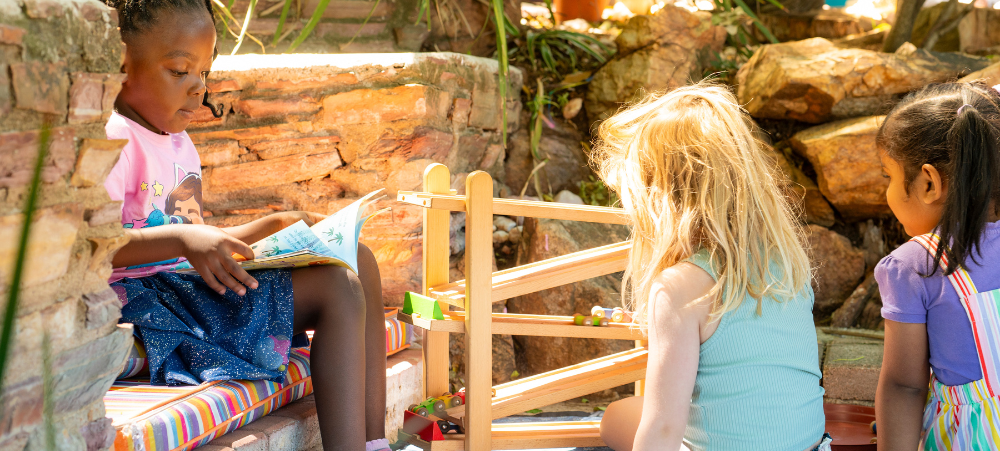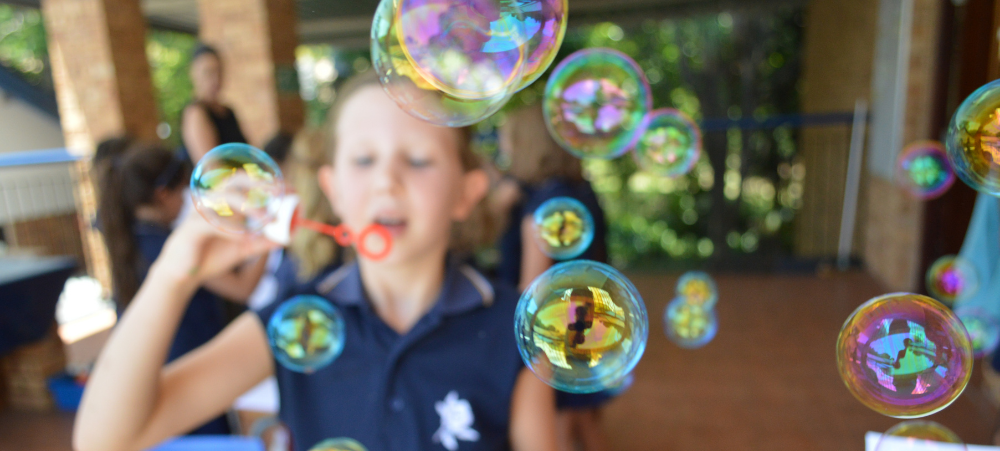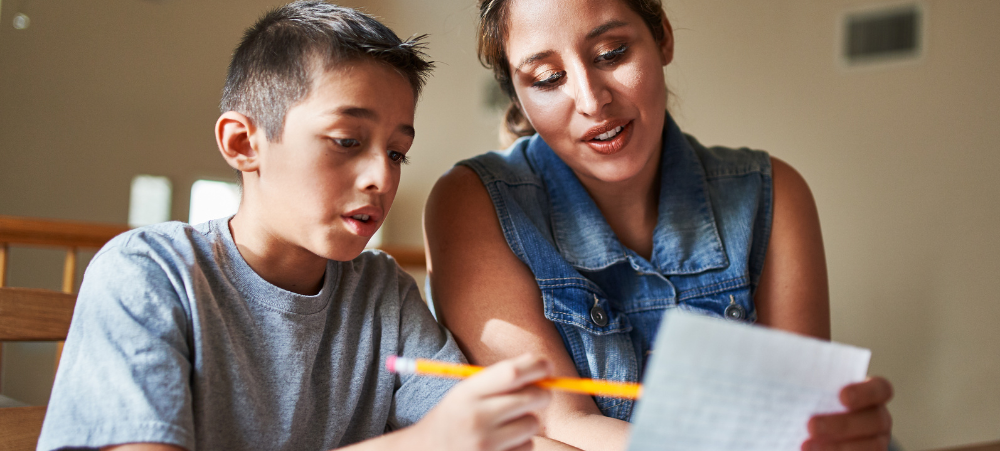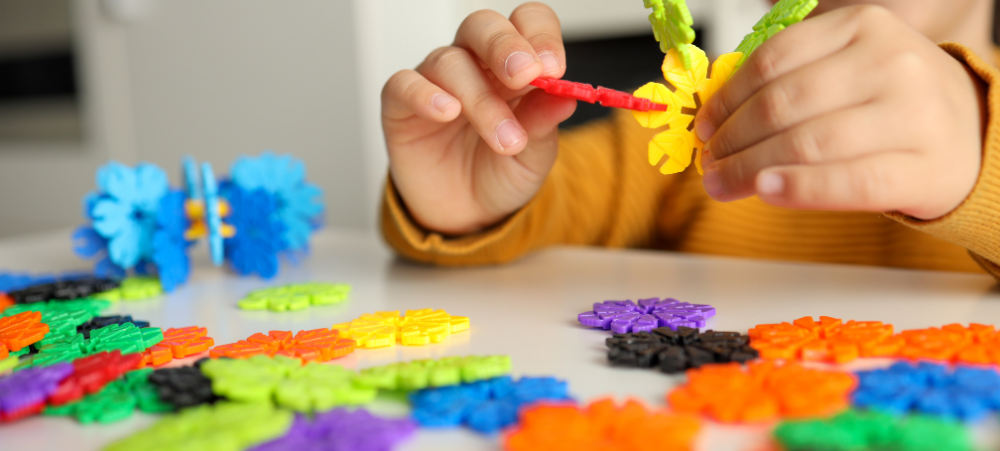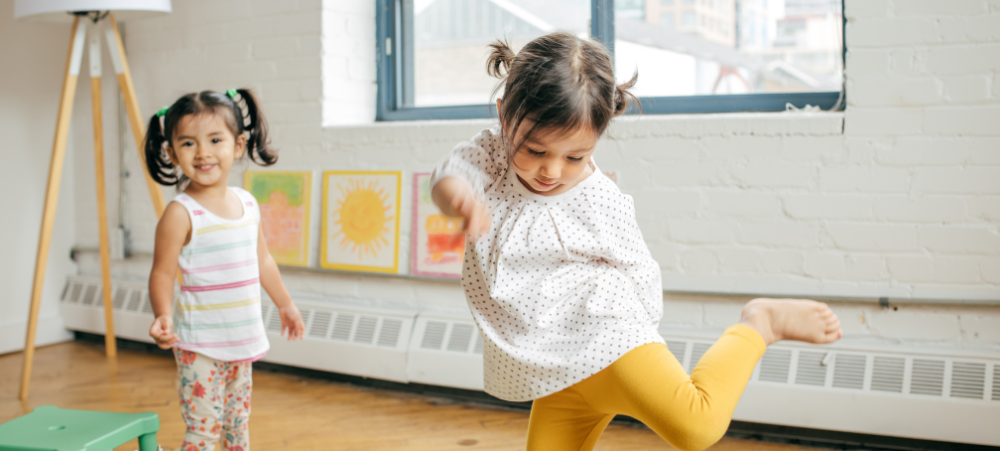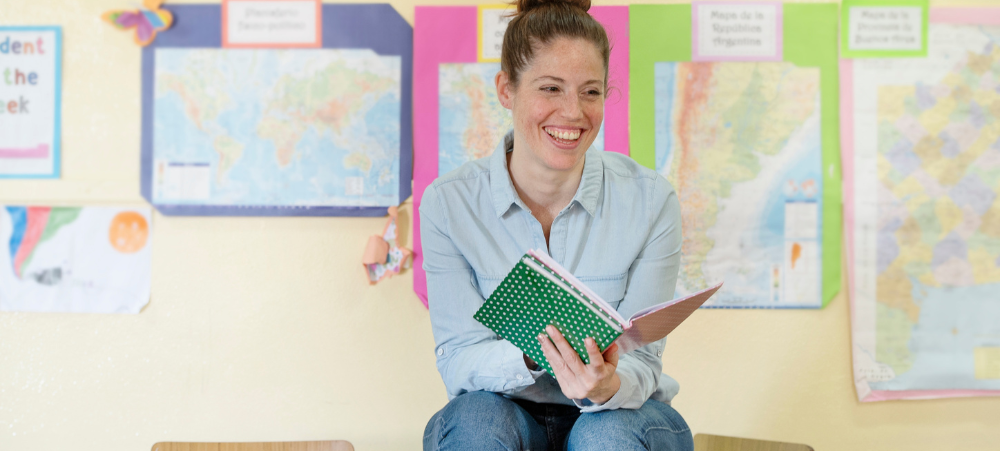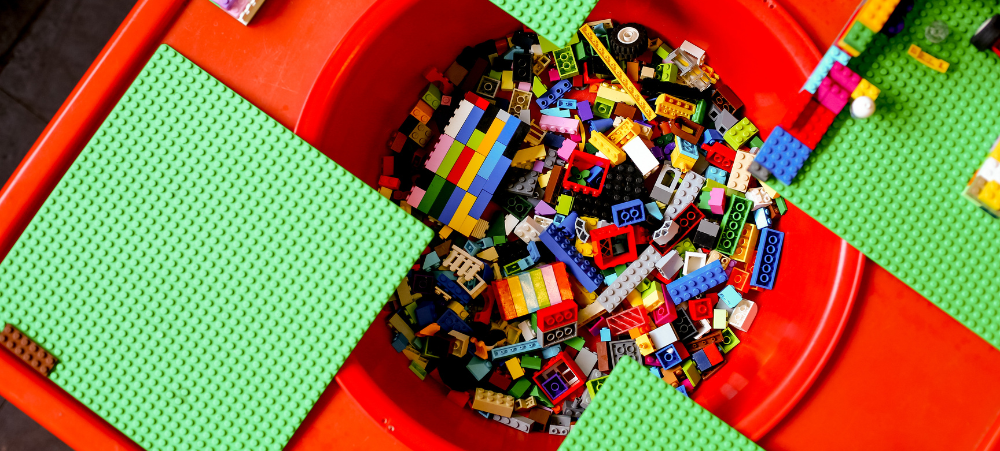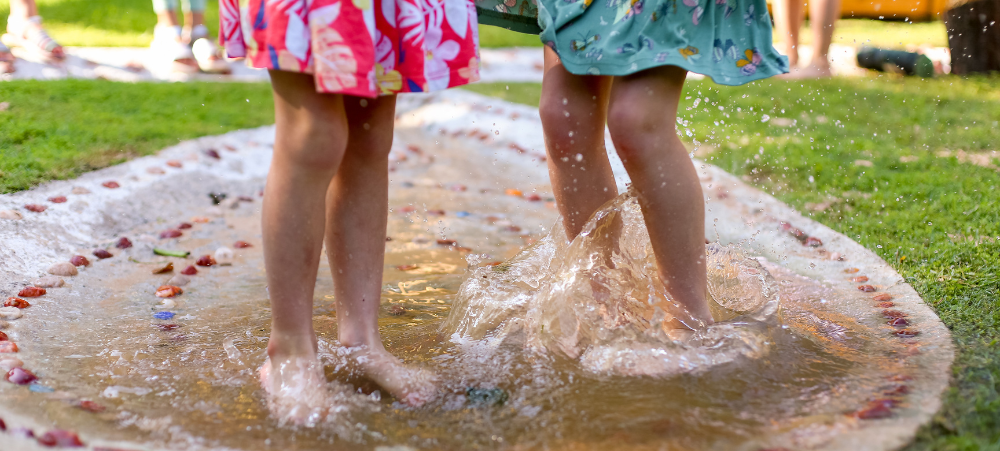
Why Messy Play Matters: Building the Brain Through the Senses
“Messy” play is vital for early childhood development. It engages all the senses, creating and strengthening neural pathways in the brain, laying the foundation for future academic learning. A child’s nervous system requires sensory stimuli to mature. Gaps in sensory development can make it harder for children to thrive in the school environment. “This foundation helps a child attend, behave, function, and learn.” – Amy Hathaway Are our children being deprived of the necessary sensory stimuli that build the foundation of human development in a world of ever-increasing technology, busyness and the need to perform? As parents, are we creating opportunities for our children to be exposed to a variety of sensory experiences that stimulate growth and development, or are we inadvertently limiting their sensory experiences by protecting them from too much? Research conducted by psychologists and experts in child development underscores the urgent need to return to basics. Never in history has there been such a wave of mental health needs in younger and younger children. Children are kept safe behind fences, entertained on screens and enrolled in extracurricular activities, with very little time to play freely, think for themselves and explore their world. The Sensory Pyramid of Learning was developed by Occupational Therapist Kathleen Taylor and special educator Maryann Trott in 1991. It is a wonderful visual that shows the order of learning, requiring a broad base of sensory learning before other skills can be built upon. At the base of the pyramid are the primary senses of touch (tactile), balance (vestibular), body awareness (proprioception), smell, taste, vision, and hearing. As these systems develop, children are then able to build higher-level skills like attention, emotional regulation, language, social interaction, and eventually, academic learning such as reading, writing, and problem-solving. If there are gaps or challenges at the base of the pyramid, it can affect a child’s readiness for more complex learning tasks. This is why rich, varied sensory experiences are so vital in the early years. So how can you practically support your child’s sensory development? 2. Provide spaces where your child can make a mess, explore and discover. 3. Provide materials such as boxes, old linen, and recyclable materials such as bottle tops, which are open-ended and can function in many different ways. 4. Dress your child in comfortable clothes, allowing them to move freely and get dirty without worry. 5. Give access to the outdoors where your child can find bugs, make mud pies and move. 6. Encourage your child to explore a variety of sensory experiences and develop independence. 7. Remove their shoes. Barefoot walking has many benefits, providing sensory feedback to the nervous system. Studies show that walking barefoot increases cognitive ability, sensory integration, foot mechanics, balance and calmness. These studies recommend that children predominantly go barefoot and only wear shoes when necessary up to the age of 4, while their feet are still developing. 8. While creating boundaries is necessary, provide a space where they can explore with a variety of mediums, such as paint, chalk, and mud. Allow them to paint their feet, hands, and bodies, providing a rich sensory experience. A great way to do this is in the shower or bath, where everything can be washed away, or outdoors on a hot day with added water play. 9. Allow children to safely make mistakes, thereby learning from them and gaining independence and resilience. “A brain that is nourished with a balance of basic sensory input attends well and learns well!” – Amy Hathaway A useful resource on Early Childhood and Sensory Development can be found at: https://developlearngrow.com/the-pyramid-of-learning Kerry Semple Rosebuds Pre-primary School Grade 00 Teacher


